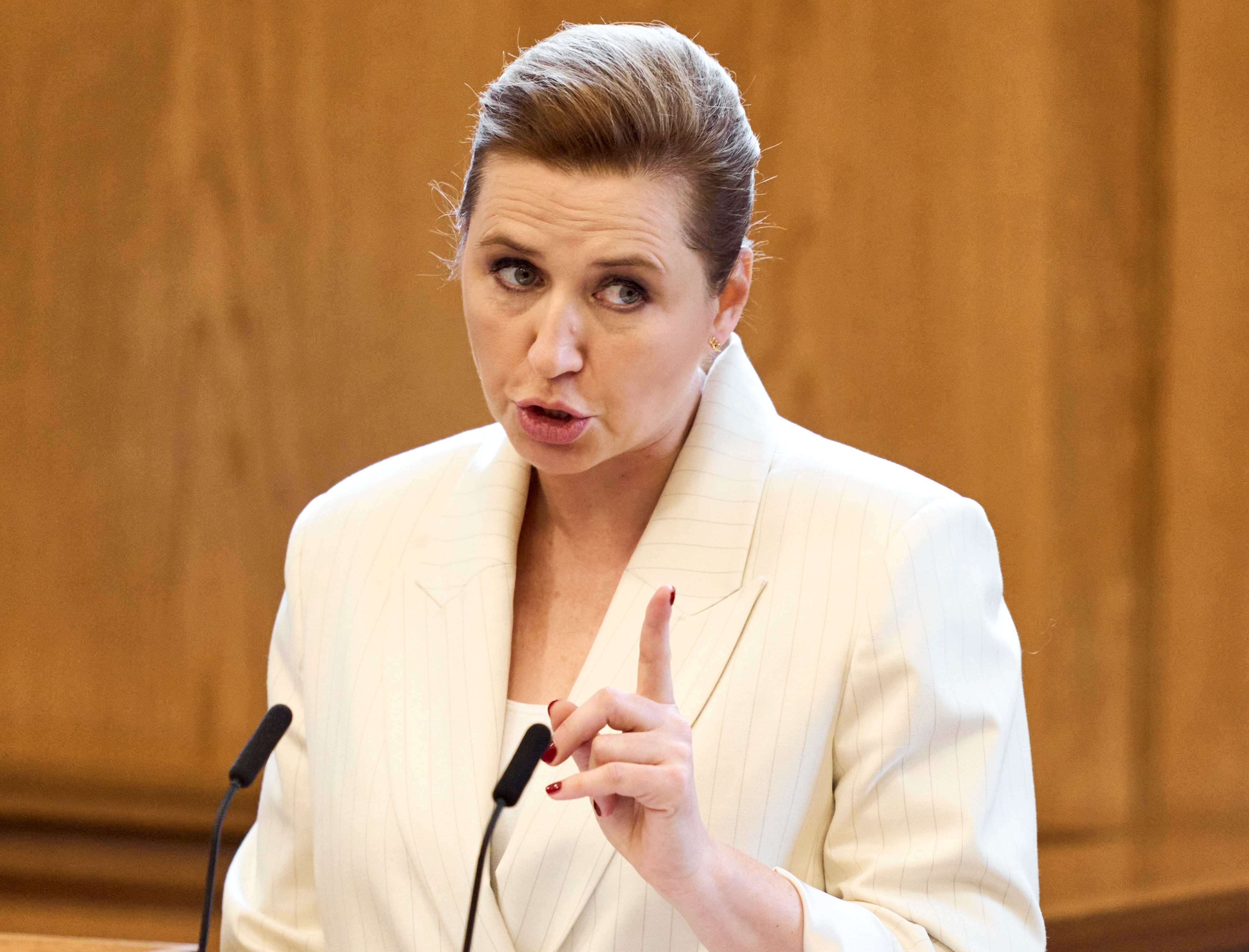Denmark Becomes First European Nation to Increase Retirement Age to 70
Denmark has officially raised its retirement age to 70 for all individuals born after 1970, marking a historic moment as the first European nation to accomplish this change.
While many other countries engage in complex political debates regarding adjustments to the state pension age, Denmark adheres to a long-standing approach that aligns retirement age increases with rising life expectancy, which currently averages at 81.7 years for Danes. This legislative change passed with significant support in the Danish parliament.
Despite the legislative progress, there is considerable public concern regarding the requirement for many citizens to work until the age of 70. Some lawmakers have expressed alarm at forecasts suggesting that the retirement age might eventually increase to 77.
Mette Frederiksen, Denmark’s Social Democratic Prime Minister, has also raised questions about the sustainability of ongoing retirement age increases.
At the existing age of 67, Denmark’s state pension age is already among the highest globally, comparable to Norway, Italy, Iceland, and a few other nations.
Trade unions and certain left-leaning parties have voiced their opposition to the decision to extend the retirement age by an additional three years.
Public opinion appears to be divided on this issue. Tommas Jensen, a 47-year-old roofer from Aalborg, expressed to Danmarks Radio that he finds the reform “unrealistic and unreasonable,” especially for manual workers whose jobs inflict significant physical strain. “We work and work and work, but we can’t keep going,” he shared.

In contrast, recent surveys reveal that over half of Danes are open to working beyond the current state pension age. Many individuals in their sixties prefer to transition into retirement gradually, by slowly reducing their working hours.
This reform was rooted in a comprehensive welfare reform package initiated in 2006. In response to warnings from leading economists about potential threats to public finances if state pension costs continued to escalate, a coalition government made up of centre-right and opposition parties reached an agreement to modify the retirement age every five years in accordance with demographic patterns.
Some resentment exists regarding the preferential treatment politicians receive concerning their parliamentary pensions. Frederiksen, aged 47, along with 26 other MPs elected prior to 2007, can retire at the age of 60.
Frederik Vad, the pensions spokesperson for Frederiksen’s Social Democratic party, acknowledged on public television: “I can understand that people are frustrated about this. I think it should have been addressed much earlier.”




Post Comment